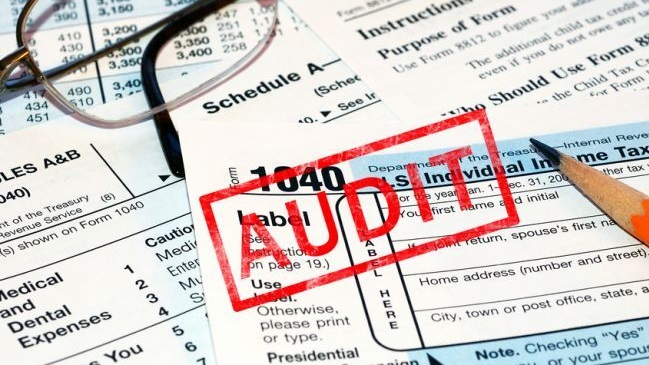WHEN RECEIVING A Actual IRS LETTER TODAY DON’T PANIC

Did You Get a Letter from the IRS? If the answer is yes, there is a good chance there’s a logical explanation that addresses the IRS’ concerns.
Send your tax preparer a copy of Letter from the IRS and ask for an explanation. There’s an excellent chance they will have answers that will satisfy the IRS. If you prepared your return yourself, look for the same issues a preparer would: A date may have been misread, information that is being requested was, in fact, included in the return or the time period wasn’t clear.
The IRS is not in the business of chasing people for amounts that aren’t due. If they’re satisfied you’ve paid what you owe, they will move on. Be patient as this may take some time to work through with the IRS. You will often wait for replies from the department for months at a time.
A Letter from the IRS is not something to be ignored. If your notice is serious, the best step is to take a deep breath, read the notice carefully, and contact our office for assistance. IRS tax problems can be like the meter on a taxi; the counter keeps going, adding more and more charges, even when you’re standing still. Many times the interest and penalties end up being more than the actual taxes you owe the IRS.
The IRS sends various types of notices, each addressing specific issues such as unpaid taxes, discrepancies in your tax return, or the need for additional information. Understanding the nature of the notice is essential to formulating an appropriate response.
Common Types of IRS Notices:
1. CP2000 Notice:
This notice informs you of discrepancies between the income reported on your tax return and the information the IRS has received from other sources, such as employers or financial institutions.
2. CP504 Notice:
If you have unpaid taxes, the CP504 notice is a final warning before the IRS initiates collection actions, such as placing a lien on your property or seizing assets.
3. Letter 525 – The 30-Day Notice:
This notice is sent if the IRS intends to assess additional tax, and it provides you with the opportunity to appeal the decision.
Responding to the Notice:
1. Stay Calm:
It’s natural to feel anxious, but panicking won’t help. Take a deep breath and remember that many IRS notices are routine and can be resolved with a straightforward response.
2. Gather Information:
Collect all relevant documents, such as your tax return, W-2s, and any supporting documentation. This will help you understand the issue and provide the necessary information when responding.
3. Follow Instructions:
The notice will include specific instructions on how to respond. It’s crucial to adhere to these instructions to ensure a timely and accurate resolution.
4. Seek Professional Advice:
If you’re unsure about how to address the notice or if it involves complex tax matters, consider seeking advice from a tax professional or accountant. They can provide guidance on the best course of action.
5. Respond Promptly:
The IRS typically sets deadlines for responses. Ignoring the notice or delaying your response could lead to further complications. Respond promptly to avoid additional penalties or interest.
Your Rights
The Taxpayer Bill of Rights guarantees you certain rights as a taxpayer. The Right to Representation says you can retain an authorized representative to represent you in all your IRS dealings. That means, once you start working with us, you never have to talk to the IRS again. Just like that, no more harassment! Did You Get a Letter from the IRS? Call now.
Conclusion:
Receiving an IRS notice in the mail is a stressful experience, but it’s essential to approach the situation methodically. By understanding the type of notice you’ve received, gathering the necessary information, and following the provided instructions, you can navigate the process and work towards a resolution. Seeking professional advice when needed can provide valuable support in addressing complex tax issues. Remember, proactive and informed responses are key to resolving IRS matters effectively.
Call Today
Tax Help – click for more information.



